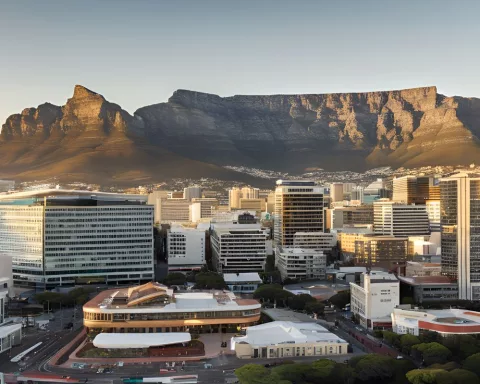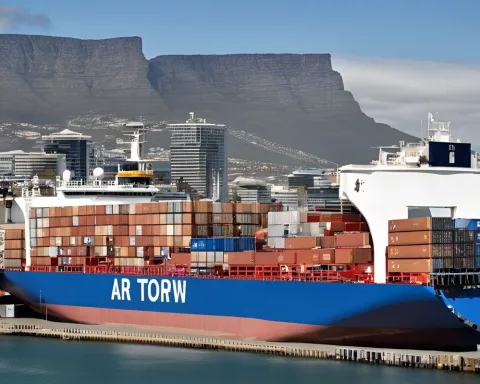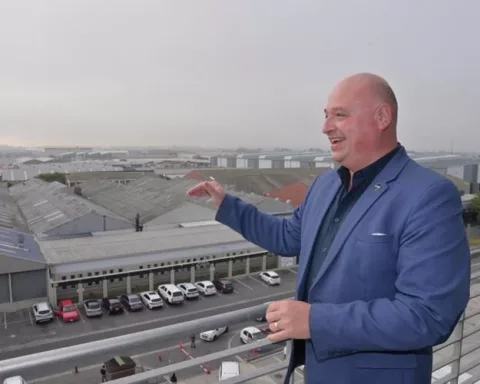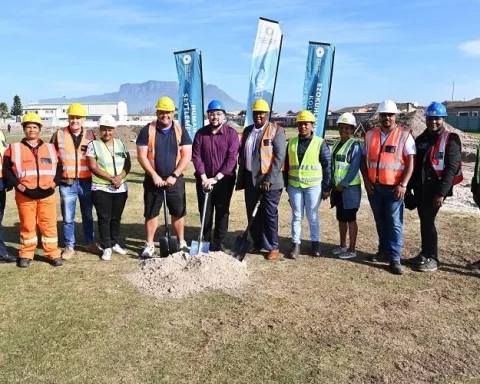South Africa’s agriculture industry has the potential for growth and development, but it faces considerable challenges. The Bureau for Food and Agricultural Policy’s (BFAP) Baseline Agricultural Outlook 2023/2032 report highlights these challenges and provides projections for the coming decade. The Western Cape Department of Agriculture (WCDoA) considers this report an essential tool for informed decision-making.
The Importance of Decisive Action
Dr. Ivan Meyer, the Minister of Agriculture for the Western Cape, and Dr. Mogale Sebopetsa, the Head of Agriculture for the Western Cape, endorse the BFAP’s call for decisive action to secure a sustainable future for South Africa‘s agriculture industry. Overcoming the identified challenges requires creating a stable policy and investment environment, advancing infrastructure and services, enhancing the efficiency of local municipalities, and streamlining farmer support initiatives.
Embracing Collaboration
The Western Cape Government (WCG) has implemented the Growth for Jobs Strategy to achieve economic growth ranging from 4% to 6% by 2035, creating an attractive environment for investors and businesses. Minister Meyer believes in harnessing every opportunity and advantage to negotiate with existing and potential trading partners. He also emphasizes the importance of continued participation in the African Growth and Opportunity Act (AGOA) beyond 2025 for export-led job creation in the agriculture sector.
A Promising Future
Despite the challenges, Minister Meyer’s confidence in the agriculture sector’s resilience, coupled with the support of the WCG, indicates a promising future for both primary and secondary agriculture. By embracing decisive action and collaboration, the sector can enhance its competitiveness and build a sustainable future for South Africa’s agriculture industry.
The coordinated efforts of the Western Cape Government, the Bureau for Food and Agricultural Policy, and stakeholders in the industry can overcome the hurdles and lead to a sustainable future for South Africa’s agriculture sector. By fostering a favorable policy and investment environment, improving infrastructure and services, and enhancing the efficiency of local municipalities and farmer support initiatives, the agriculture sector can continue to be a vital contributor to the country’s economic growth and job creation.












